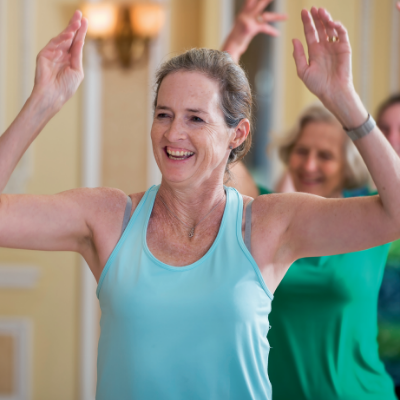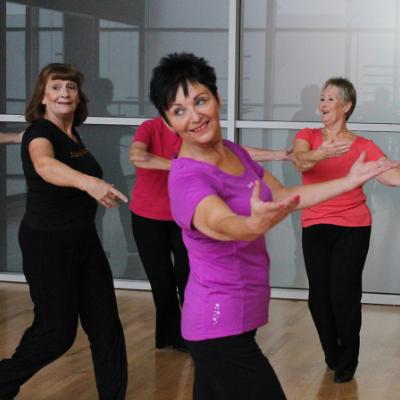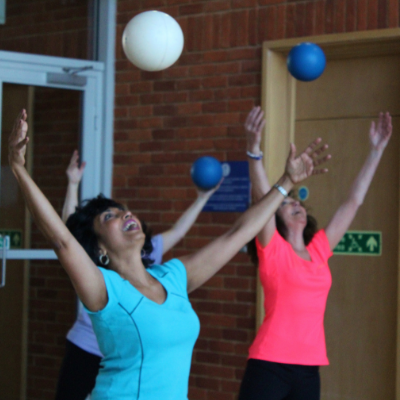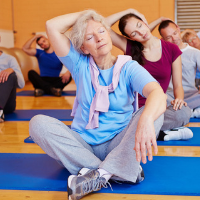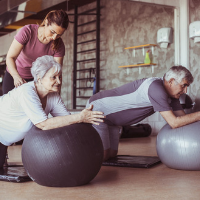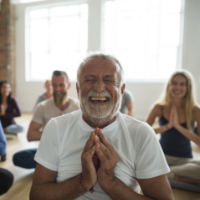For more information on health and wellbeing for older adults, click on the links below
Active Ageing
Remaining in good health physically, mentally, and emotionally is what defines well-being and happiness for us all, at any age – including later life. At EMD UK, we understand that your health is your wealth – especially as we get older.
Exercise
There is nothing more satisfying than the feel-good factor we experience after a good work out. As we get older, that work out can take many forms of physical movement – from a spot of gardening, through to taking part in sports and group exercise classes. It is also important to understand how our fitness requirements should change in line with our lifestyles and our bodies.
Nutrition
Did you know life expectancy has doubled in the UK over the past 200 years? Of course, there are many contributing factors for this increase in life expectancy, including our own understanding of our nutritional needs. As we age these needs change. Our bodies require the right balance of nutrients to function at its best. Taking the time to understand what your body needs can lead to a happier, healthier lifestyle and life.
Making friends and staying connected
If we are to believe what we read in the press, we can conclude loneliness and isolation is an epidemic which has a widespread impact across our society. Regardless of age, it is important to stay connected, meet new people and get involved with our communities. The older we get, the harder this can sometimes be but there are many ways you can avoid the feeling of loneliness, including special interest groups and local group exercise classes.


